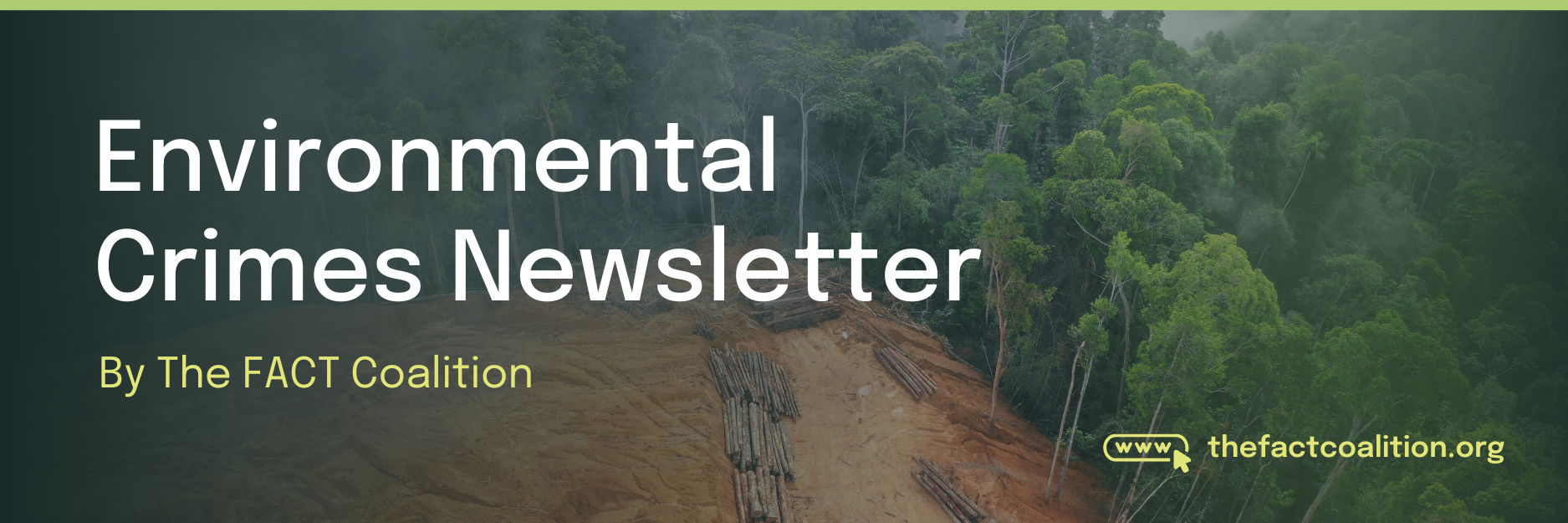FACT is pleased to share a round-up of news and information regarding efforts to combat environmental crimes and the dirty money associated with them. The newsletter, which is published on a biannual basis in May and September, highlights efforts by FACT as well as perspectives from our members and allies. Send feedback or items for our upcoming Fall 2025 newsletter to Julia Yansura at jyansura@thefactcoalition.org.
Donate to support FACT’s work at the intersection of environmental crimes and illicit finance
State of Play
The FACT Coalition, in conjunction with its environmental partners and allies, have been closely following recent developments related to efforts to make known the true owners behind U.S. corporate entities. This is a critically important issue given the role that U.S. shell companies have played in environmental crimes in the Amazon, as demonstrated by FACT’s 2023 report, Dirty Money and the Destruction of the Amazon. Moreover, FACT’s recent 2024 report on money laundering typologies linked to environmental crime found that anonymous shell and front companies are the most common vehicles used to enable and conceal the proceeds of environmental crimes committed in the Amazon region.

Unfortunately, in March, the Trump administration announced a significant rollback of the bipartisan Corporate Transparency Act, which requires companies formed or doing business in the U.S. to report limited information on their true, or “beneficial” owners to Treasury’s Financial Crimes Enforcement Network. On March 21, the U.S. Treasury issued an interim final rule exempting U.S. domestic companies and U.S. owners from reporting, reducing the total number of companies covered under the law from more than 32 million to under 12,000. FACT and its allies plan to submit public comments on the interim final rule this month, highlighting the importance of beneficial ownership as a tool to combat environmental crimes as well as other serious offenses.
We are also closely tracking new developments regarding illegal gold mining in the Amazon region. In February, Senators John Cornyn (R-TX) and Tim Kaine (D-VA) introduced the U.S. Legal Gold and Mining Partnership Act — a bill which would, among other provisions, require the U.S. State Department to develop a strategy to address illegal gold mining in the Western Hemisphere. In a statement, Senator Cornyn noted that “criminal organizations and authoritarian regimes will do whatever it takes to enrich themselves, and that includes illegally mining and trafficking gold throughout Latin America.” Meanwhile, Senator Kaine highlighted that “illicit gold mining operations in Latin America and the Caribbean are a hotbed of human rights abuses and a haven for crime and terrorism.” Going forward, FACT, its members, and allies from across civil society will be closely following the bill, as well as engaging with policymakers regarding solutions to illicit gold and dirty money more broadly.
Civil society groups interested in learning more and participating in these efforts should consider joining FACT’s Environmental Crimes Working Group, which meets monthly via Zoom.
For more information, please contact Julia Yansura at jyansura@thefactcoalition.org.
Recent Research and Publications on Environmental Crime & Illicit Finance

U.S. Treasury Move to Weaken Anti-Money Laundering Law is a Dangerous Setback
for the U.S., but also for the Americas
In a recent op-ed for OjoPúblico, a leading Peruvian investigative journalism source, FACT’s Julia Yansura warns that recent moves to limit enforcement of the Corporate Transparency Act mark a dangerous step backward for the U.S.. The rollback weakens one of the most important anti-money laundering laws in the U.S., which was designed to combat shell companies used in cases of corruption, environmental destruction, and organized crime. Yansura warns that this decision could undermine regional efforts to stem illicit financial flows, especially those fueled by deforestation, illegal mining, and transnational illicit trade within the Western Hemisphere.
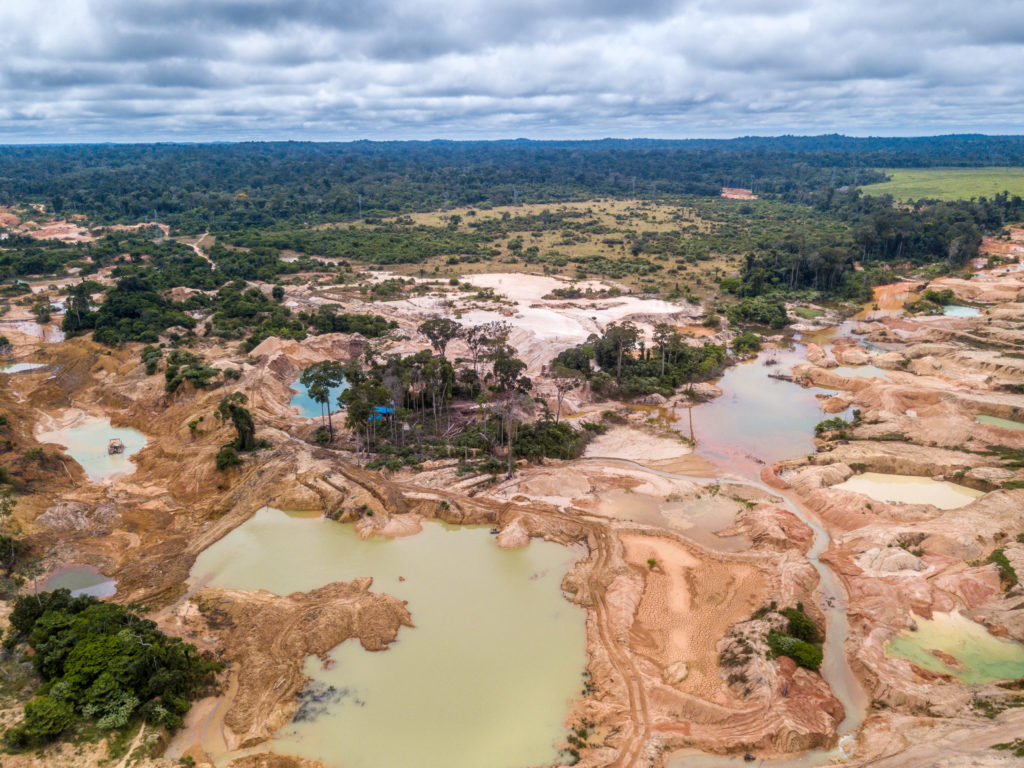
A Deadly Gold Rush: How Soaring Prices Fuel Colombia’s Guerrilla Warfare
As gold prices surge beyond $3,000 per ounce, Colombia’s criminal factions are battling over a hidden fortune once hoarded by FARC guerrillas. In a recent blog post, FACT Policy Fellow Isidoro Hazbun reveals how these caches, now worth millions, are fueling arms procurement, the resurgence of violence, and cross-border money laundering. Drawing on military intel and investigative reporting, the piece links rising gold prices to escalating conflict, underscoring how illicit gold has become a key driver of instability across Latin America, and a significant threat to U.S. national security.
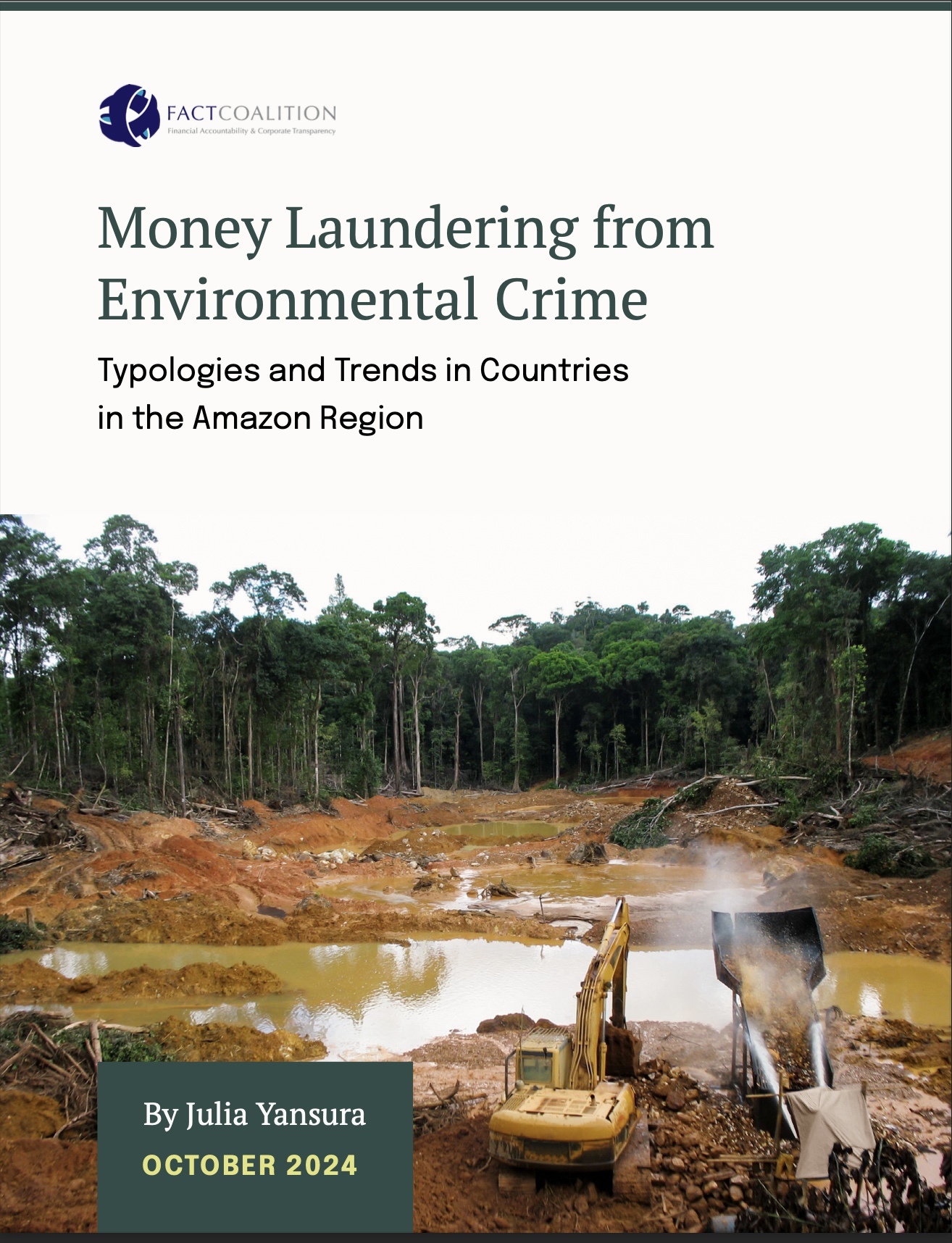
FACT Report Analyzes Money Laundering from Environmental Crime
The report, Money Laundering from Environmental Crime: Typologies and Trends in Countries in the Amazon Region, found that the U.S. is the most common foreign destination for the products and proceeds of environmental crimes committed in the Amazon region. The report analyzed 230 cases, including instances of alleged illegal mining and illegal logging, and found that anonymous shell and front companies are the most common secrecy vehicles used to commit and conceal the proceeds of environmental crimes.
New Report on the Illegal Wildlife Trade Includes FACT Research and Analysis
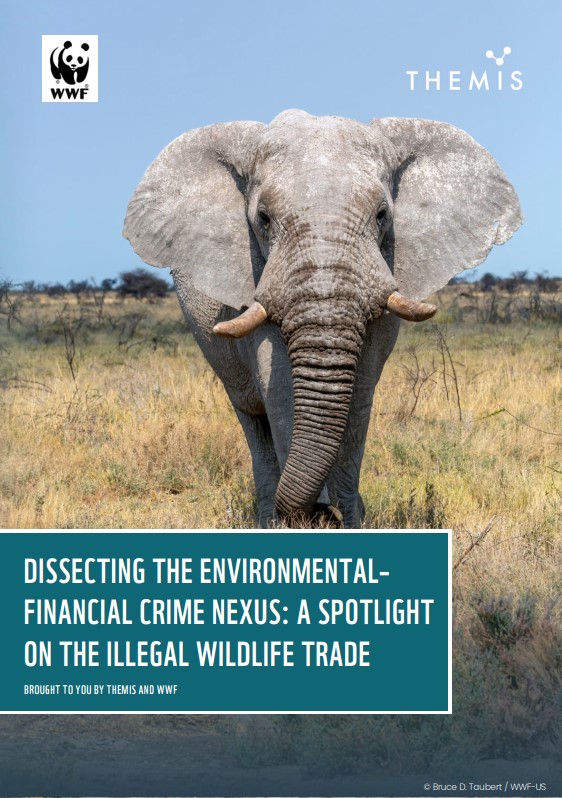
The FACT Coalition contributed to a new report by WWF-UK and Themis titled Dissecting the Environmental–Financial Crime Nexus: A Spotlight on the Illegal Wildlife Trade. The report aims to help the financial sector to better understand risks, identify red flags, and take appropriate actions to combat the illegal wildlife trade. FACT’s contribution was a case study on Colombia’s Harpy Network, a criminal group that trafficked exotic animal parts including jaguar fangs and harpy eagle feathers, often disguised as handicrafts. Drawing on official records, FACT analyzed how the network laundered illegal wildlife trade proceeds through bank transfers and money orders, with transactions traced from the Colombian Amazon to the United States.
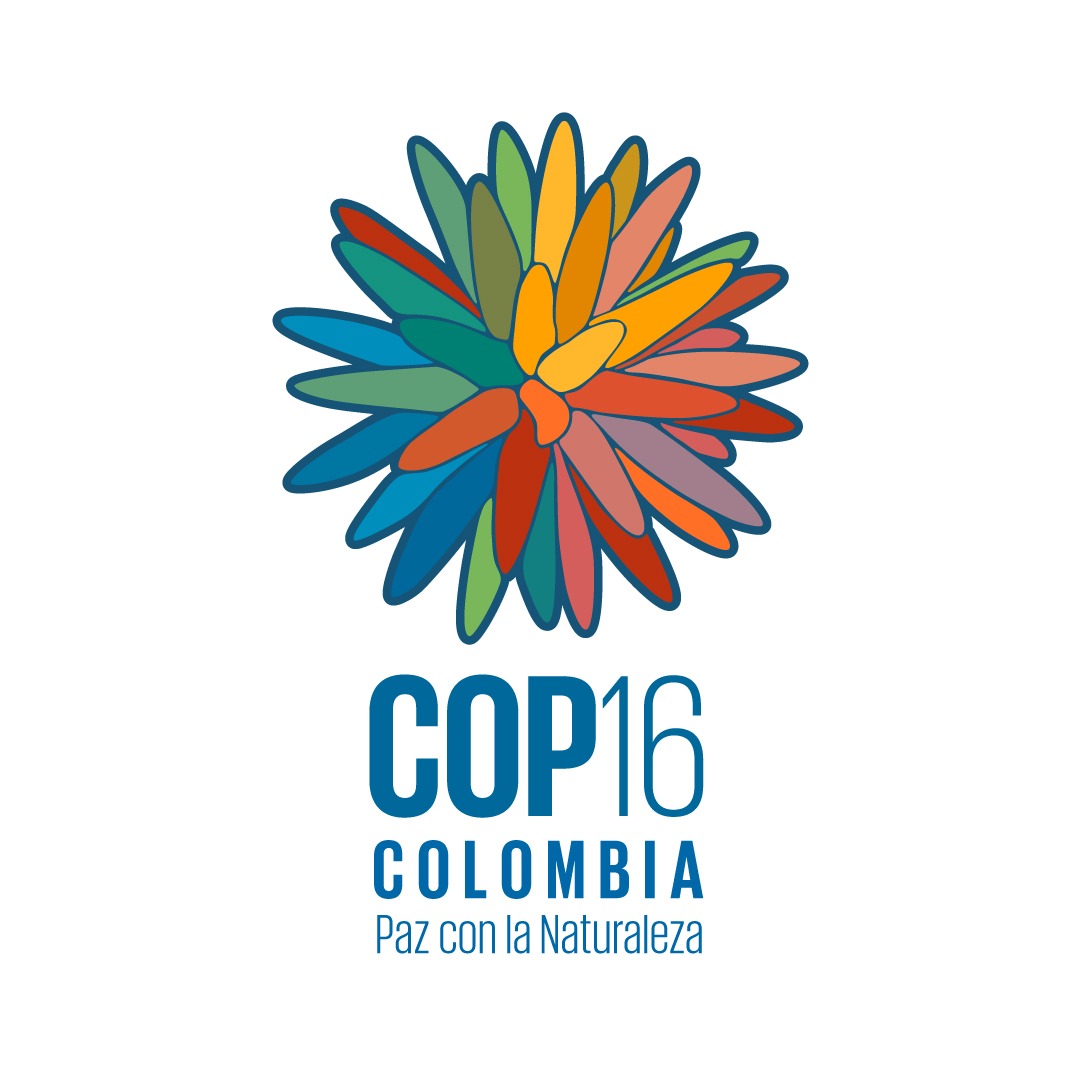
FACT and Civil Society Partners Present Policy Recommendations at COP16
At the COP16 Biodiversity Conference in Cali, FACT joined civil society leaders from Brazil, Colombia, and Peru to launch a joint policy brief outlining bold, transnational solutions to address illegal gold mining. The brief includes seven key recommendations, from strengthening due diligence in gold supply chains to supporting community-led watershed responses to mercury contamination. FACT’s role emphasized the financial dimensions of the crisis, highlighting the need for destination countries like the U.S. to share responsibility in stopping illicit flows.
Sneak Peek: Upcoming Policy Brief on Illicit Gold
FACT’s upcoming policy memo, to be released later this year, presents a comprehensive roadmap for strengthening the U.S. response to illegal gold. To this end, the memo outlines a series of recommendations, including measures to close illicit finance loopholes, enhance beneficial ownership transparency, and expand financial oversight. The analysis underscores the need for a smarter, more coordinated U.S. response to this growing problem.
From Our Partners and Allies
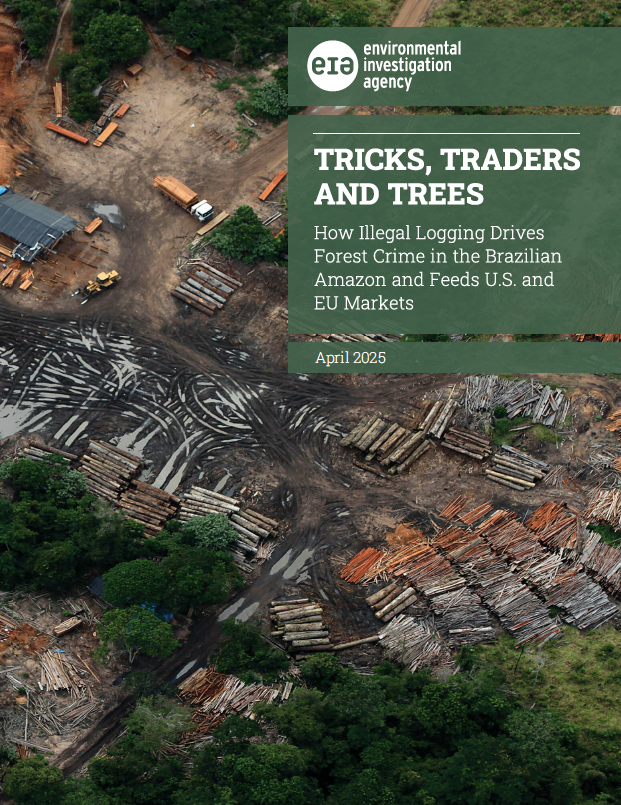
EIA: Illegal Logging Destroying the Brazilian Amazon Feeds EU and U.S. Timber Markets
The Environmental Investigation Agency (EIA), a FACT Coalition member, recently published an investigation titled Tricks, Traders and Trees. EIA’s research uncovered widespread illegal logging, fraud, and corruption in the Brazilian Amazon, tracing illegal timber from five logging sites in the state of Pará to the European Union and United States. Investigators identified 30 importers that bought the tainted wood, despite laws prohibiting the import of illegal timber and requiring companies to conduct due diligence.

The Goldenminerals mining company is the link that reveals how the gold narco-mafias operate in Ecuador.
A new investigation by Ecuadorian investigative journalists at Código Vidrio looks at how criminal groups are using illegal gold mining as a means to launder drug money. The investigation also highlights the role of gold concentrate, a lesser-known product that is typically exported from South America to China via maritime ports. “The linkages between drug trafficking and illegal gold mining were exposed last year when a network dedicated to cocaine trafficking from Ecuador to Spain was dismantled by police from both countries,” the investigation notes. “(This) is a key link, until now unknown, of a chain that allows us to understand how transnational drug trafficking networks connect and function….”

Tree Rings Bear Witness to Illegal Gold Mining Operations in the Amazon, New Study Finds
A new study published by researchers including the Center for Amazonian Scientific Innovation (CINCIA), a member of FACT’s Environmental Crime Working Group, analyzes the impact of mercury runoff from illegal gold mining operations on local tree populations. The study found that mercury levels in tree rings can provide an effective tool to track changes in illegal mining over time, such as identifying when surges of illegal mining – and mercury usage – occur.
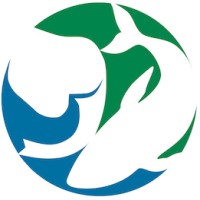
In Suriname, a shadowy hunt for traffickers selling jaguar parts to China
A recent Washington Post article highlighted the important work being done by Earth League International, a member of FACT’s Environmental Crime Working Group, in partnership with US law enforcement. Their investigation into criminal networks selling jaguar parts to China also sheds light on the ways in which environmental crimes converge with other serious crimes, such as drug trafficking.
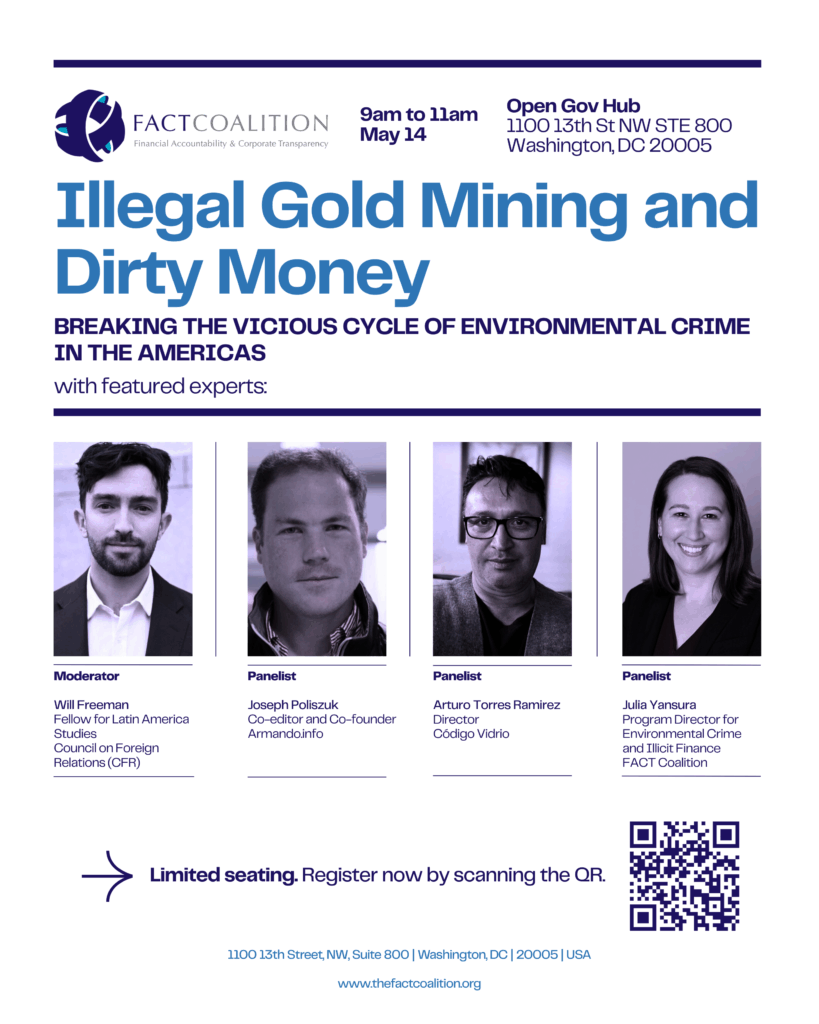
Upcoming Events
Illegal Mining and Dirty Money: Breaking the Vicious Cycle of Environmental Crime in the Americas
On May 14, 2025 FACT will be hosting an in-person, public event on illegal gold mining and illicit finance in the Western Hemisphere. The event will feature remarks from two award-winning investigative journalists who have extensively covered illegal gold mining. Joseph Poliszuk, the co-editor and co-founder of Armando.Info, has investigated gold mining in his native Venezuela and exposed how illegal Venezuelan gold reaches international markets. Arturo Torres, the director of Código Vidrio, has written extensively about the linkages between gold, narcotics trafficking and illicit finance in Ecuador and throughout the region. Julia Yansura, program director for environmental crime and illicit finance at the FACT Coalition, will share remarks from a US policy perspective. The discussion will be moderated by Will Freeman from the Council on Foreign Relations, an expert on Latin America and the US-Latin America relationship. For more details, or to RSVP, see the following link.
Recent Program Achievements
On May 7, 2025 Julia Yansura spoke at the OECD Forum on Responsible Mineral Supply Chains on a panel titled Following the Money, Tracing the Mercury, and Responding to Local Voices: Exploring New and Under-Utilized Solutions to Address Illegal Gold Mining in the Amazon. Yansura’s panel brought together experts from across national government and civil society, including Dubán Canal of the Amazon Alliance for Reducing the Impacts of Gold Mining, the Environmental Investigation Agency’s Luke Allen, and Vice Minister Mauricio Cabrera Leal of Colombia’s Environment Ministry.
In April 2025 Julia Yansura spoke at an environmental crime conference organized by the Global Initiative against Transnational Organized Crime (GI-TOC) through its ECOSOLVE initiative, and hosted by the government of France. Yansura’s panel provided a forum for stakeholders to share experiences and compare approaches in addressing environmental crime, and included experts from France, Brazil, Indonesia, Germany, South Africa, and the Democratic Republic of the Congo.
In January 2025, the FACT Coalition hosted a private event with Duban Canal, a visiting expert from the Amazon Alliance to Reduce the Impacts of Illegal Gold Mining (AARIMO), a Colombian coalition comprised of WWF Colombia, the Frankfurt Zoological Society Colombia, Gaia Amazonas Foundation, the Amazon Conservation Team, la Fundación para la Conservación y el Desarrollo Sostenible (FCDS), and the National Natural Parks of Colombia.
In October 2025, Julia Yansura represented the FACT Coalition at the COP16 Biodiversity conference in Cali, Colombia. On October 23, Julia spoke at an event titled Illegal Gold Mining in the Amazon: Transnational Environmental Crime alongside civil society leaders from Peru, Colombia and Brazil. Over 80 people from government, civil society and the private sector attended. On October 30, Yansura spoke at the launch of WWF’s Environmental Crime Financial Toolkit, organized by WWF-UK and HSBC and hosted by the UK Government. Her comments highlighted the illicit finance threats posed by environmental crimes, including terrorism financing, sanctions evasion and money laundering, and urged financial institutions to do more to understand and address these risks. On October 31, Yansura spoke at a panel hosted by Amazon Underworld and Amazon Watch on illicit economies in the Amazon. The panel featured perspectives from indigenous leaders, law enforcement, criminologists and researchers about how crime groups are harming communities & obstructing conservation efforts.
Featured Press Coverage

BBC World Business Report: Gold Hits $3,000 per Ounce
“The increasing price of gold is driving profit for criminal groups,” FACT’s Julia Yansura told the BBC World Business Report in a recent interview. “These groups have different strategies they use, including investing in illegal gold mines, getting involved in transport or trafficking of illicit gold, and using gold to launder narcotics proceeds.” Yansura concluded that “the best way to curb is problem is not by focusing on the mining site. Rather, we should be using financial strategies from the anti money laundering and counter terrorism financing (AML/CFT) toolbox. For example, it’s important to know who is actually behind the companies involved in the export or import of gold.”
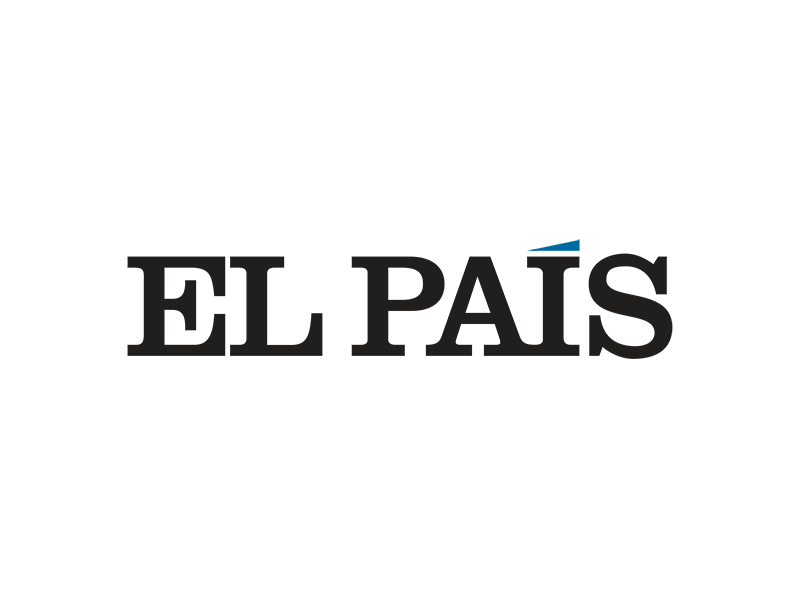
El País: Lack of Investigations Hampers the Fight against Money laundering from Environmental Crimes in the Amazon (In Spanish)
“When investigating crimes, authorities often focus on the routes of the physical merchandise. Unfortunately, there hasn’t been a focus on the money behind these crimes,” FACT’s Julia Yansura told El Pais in an interview. “Goods can be seized every day, but you can’t prevent criminal groups from reemerging without attacking their finances.”
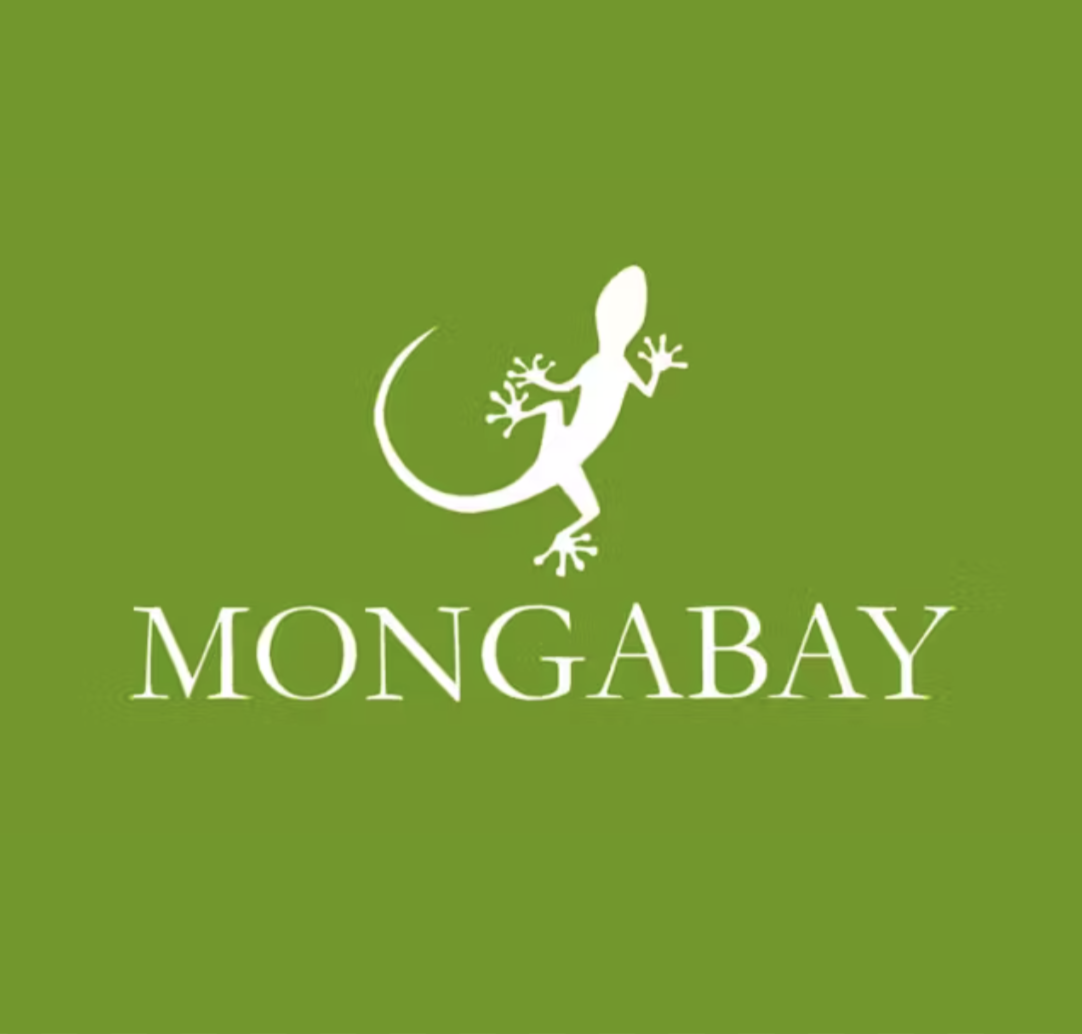
Mongabay: Report Reveals How Environmental Crime Profits in the Amazon are Laundered
“According to the report’s findings, 25% of all cases, and 44% of “follow the money” cases, involved at least one foreign jurisdiction. The U.S. was the foreign jurisdiction mentioned most across all cases analyzed, either as a transit or destination point for illegally sourced natural resources, such as gold or timber, or dirty money.”
Robert Muggah, co-founder of the Brazilian-based think tank Igarapé Institute, told Mongabay this is because of “the abundance of shell companies, front companies and trade-based fraud that allow criminal actors to wash dirty money” in the country.

